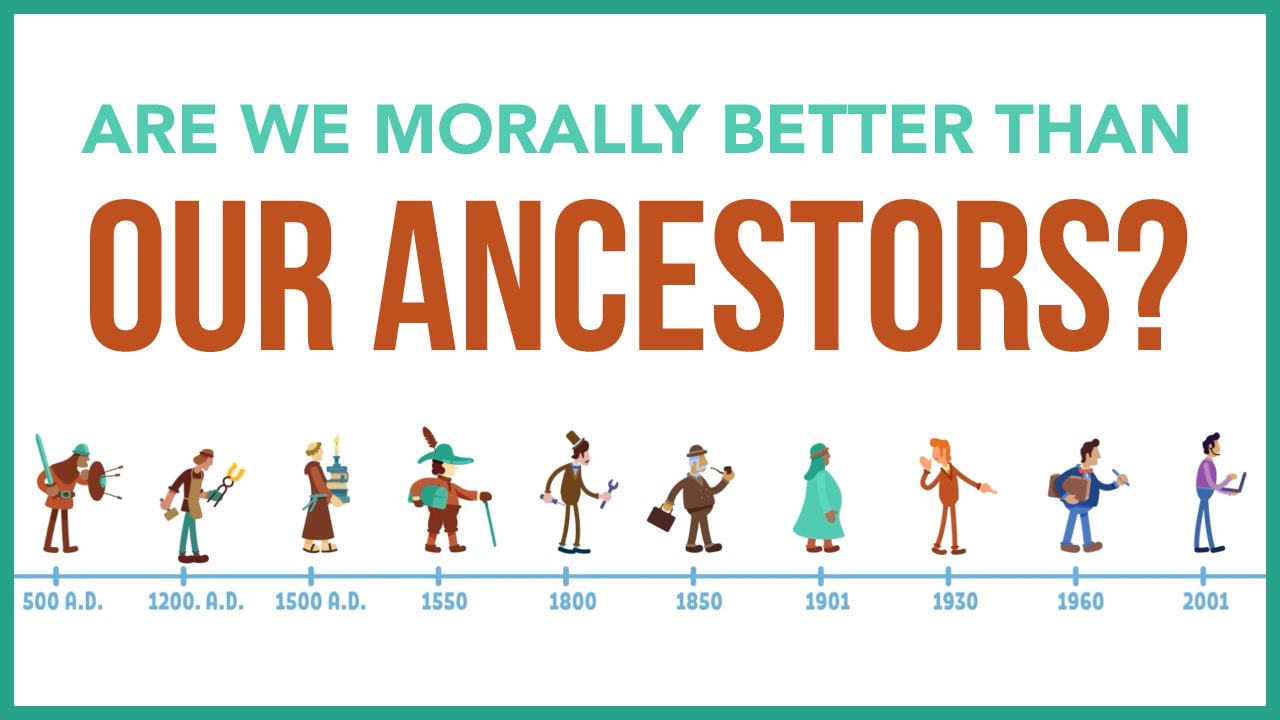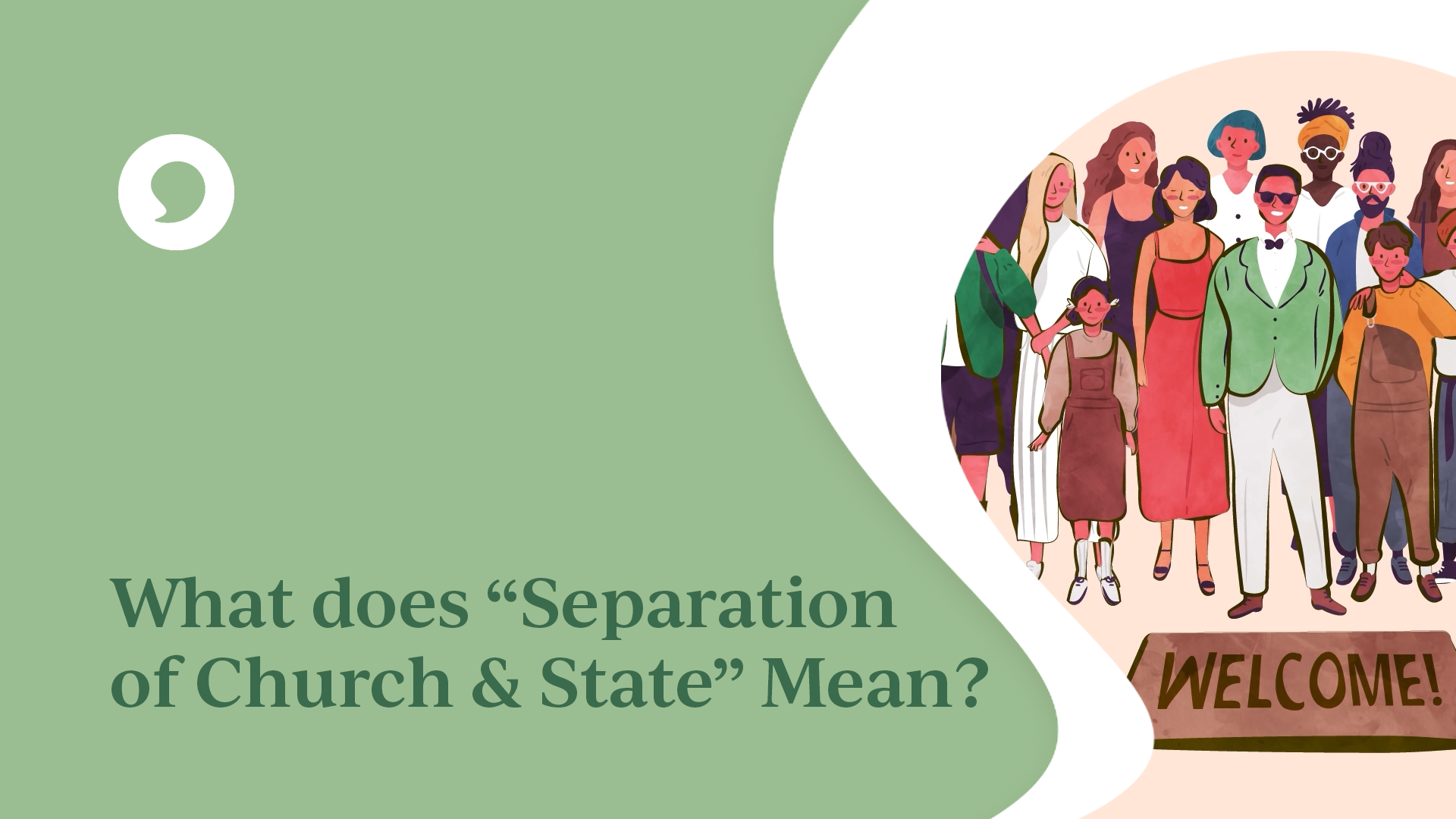You’re in a conversation and someone accuses you of being “on the wrong side of history” because of something you believe.
What would you say?
It’s common in debates over moral issues for one side to accuse the other of being on the “wrong” side of history. Is it true that the future is destined to follow a long arc that bends toward progressive ideas, and that traditional morality is headed for the “dustbin of history?”
Here are three things to consider when discussing the "right side" of history.
Am I on the Wrong Side of History?
You’re in a conversation and someone accuses you of being “on the wrong side of history” because of something you believe. What would you say?
It’s quite common in debates over moral issues for one side to accuse the other of being on the “wrong” side of history. Typically, this accusation is leveled at those who hold more traditional views about sexual morality, marriage and parenting, or abortion. Is it true that the future is destined to follow a long arc that bends toward progressive ideas, and that traditional morality is headed for the “dustbin of history?”
No. And here are three reasons why.
1. No one really knows “the right side of history.”
A look at the past reveals that there’s no way to know which group or idea is going to win. History is littered with the ruins of empires, cults, revolutions, thinkers, and leaders who at one time seemed unstoppable, but now only exist in history books. Most are far less important than they believed themselves to be at the time.
The past just doesn’t fit into an easy pattern. Sometimes the “bad guys” win. Sometimes the “good guys” aren’t all that great. Sometimes, the early winner loses in the long run. And that are in the moment have no way of knowing…
2. If history is headed in an inevitable direction, something or someone must be guiding it.
Throughout history, many cultures and peoples thought of time as cyclical, a repeating, never-ending circle of events. In the modern western world, we tend to think of time as linear, moving from a beginning to an eventual end. This is because of the influence of the Judeo-Christian worldview on the world, and the belief that God created the world and is guiding history according to His purposes.
In this view, history has a clear beginning and an end that is determined by God. We can only know what that end is if He has revealed it to us.
If there is no God, then history has no intended ending, and no one can predict where it is headed.
3. History is full of people who proclaimed they were “on the right side” but weren’t.
Everyone who accuses someone else of being “on the wrong side of history” always thinks that they are on the right side. But so did some of the most vicious and murderous political movements in human history.
Karl Marx relied heavily on the belief, borrowed from the philosopher Hegel, that history was moving toward an inevitable ideal. He claimed that ideal was Communism, and that the “long arc of history” would eventually lead to collapse of capitalism and the common rule of the working class. That didn’t happen, and tens of millions of people were killed by those convinced they were on the “right side of history.”
Naziism was also promoted with predictions of a thousand-year Reich that would inevitably triumph because of a stronger, purer race that was more fit to survive. History, thankfully, did not go as they planned.
At the same time, many people, from Nero to Freiderich Nietszche to the more recent “new-atheists” predicted that Christian beliefs and morals would end up in the dustbin of history. It has outlived all who prophesied Its demise.
So, the next time someone accuses you or your beliefs of being “on the wrong side of history, remember these three things:
1. No one really knows “the right side of history.”
2. If history is headed in an inevitable direction, something or someone must be guiding it.
3. History is full of people who thought they were “on the right side” but weren’t.
Breakpoint
https://breakpoint.org/is-the-church-on-the-right-side-of-history/
 Read More
Read More



 Colson Center
Colson Center

